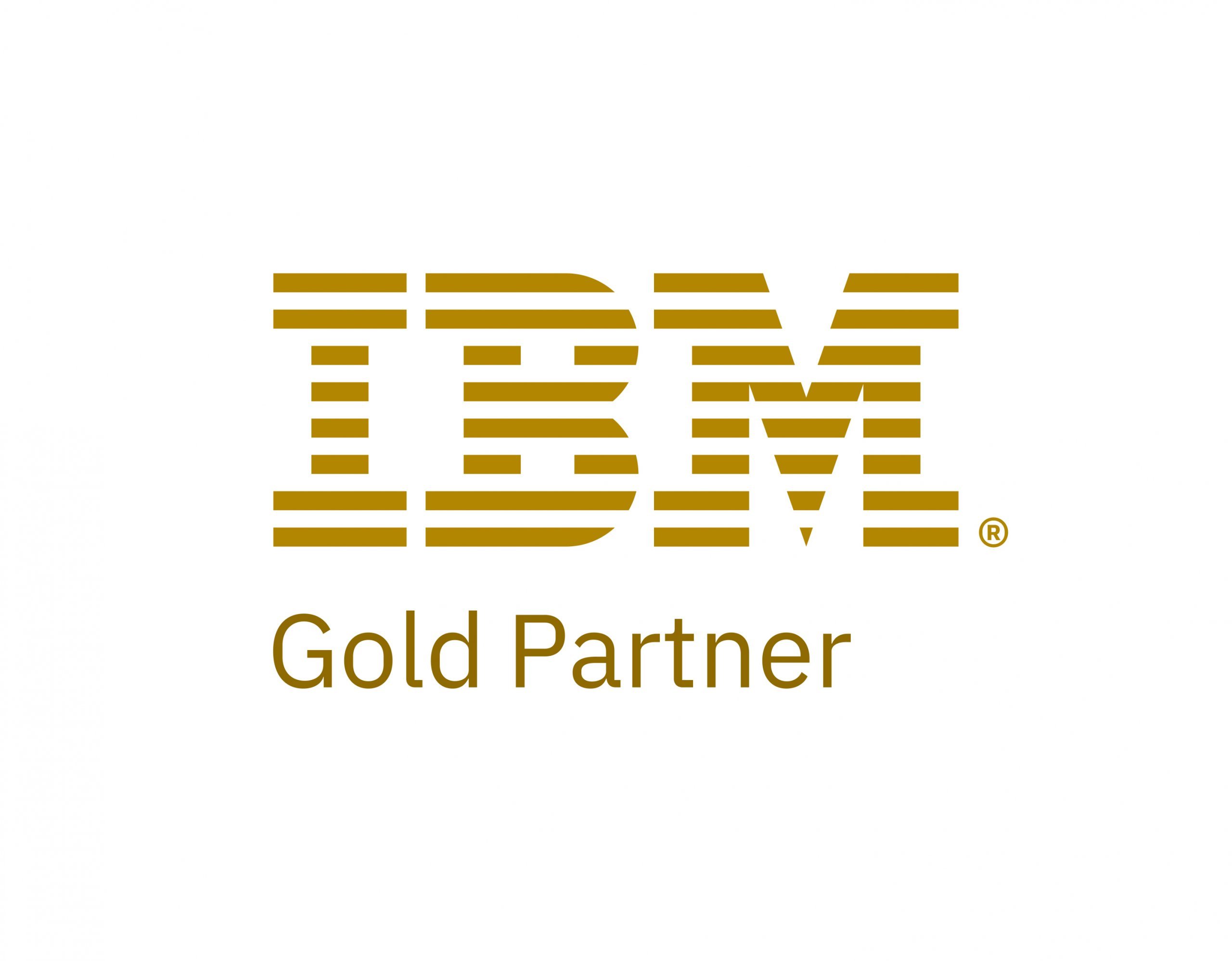The Importance of Processes in the Industry 4.0 Age
First appearing in 2011, the term "Industry 4.0" is relatively recent. In fact, it evokes a 4th industrial revolution. In this regard, here is an overview of the revolutions that took place over the course of history:
- The first one is the transition from manual production to mechanized production;
- The second one, for its part, represents the electrification of production systems;
- The third one, finally, is characterized by the automation of mass production, thanks to electronics and information technology (IT).
So, how can a company be worthy of the Industry 4.0 title? It must be able to make the connection between the different objects from it's value chain and stakeholders to monitor its evolution in real time.

The art of adapting to change
This exchange of data enables the synchronization of all the organization's resources and facilitates the decentralization of decision-making. This connectivity, however, poses great challenges for leaders, including:
- standardization of processes for sharing real-time data;
- re-engineering of work methods and processes;
- the development of new skills.
In addition, it is difficult for executives to evaluate how these technologies can combine with resources to transform products, processes, and services.
Mastering the processes
Infrastructure is not an end in itself. It's a mean that people can use and it can help to define processes in an organization. People are the ones who give it real value. Managers need to take a step back in order to create a future vision that will meet the needs of clients. The latter then defines the business model, including the product offering, services, value chain, and partners. This model is the raw material for designing the operational processes that make up the organization.
Vertical connectivity needs, such as communication between equipment and workstations, as well as horizontally, being between manufacturing systems, are then better defined through the mapping of operational processes. From these come the working methods, that is to say the key to a successful technological integration.

Mastering the working methods
Indeed, working methods are the heart of an organization. Once well-defined and mastered, they become the internal know-how protected from any third-party oversight, including competitors. Investing in work methods not only makes an organization more competitive, it allows people to evolve and better embrace technological change.
It may sound like an abstract concept for some managers to talk about working methods. Generally called "instructions," these are essential for developing people's knowledge and skills. These provide initial stability to create or improve manufacturing processes. They include standardized work, developed with an operational eye to reduce wastage at each stage of transformation.
Standardization of work
Standardized work consists of:
- operational specifications such as, but not limited to, steps, time, pressure, torque, or tools;
- management procedures to support the operating system's operating mode, particularly in terms of cadence, management rules on product inventories and services undergoing transformation;
- health and safety, quality and environmental criteria, all essential to the functioning of the organization.
Advantages
Controlling processes and work methods can accelerate the integration of changes to Industry 4.0. There are two main types of integrations, including:
- Rapid integration of technologies such as Manufacturing Execution Systems (MES), especially for companies with high manual labor content. We are talking here about horizontal connectivity of workstations;
- the rapid integration of management systems such as integrated management systems (ERP). In this case, it is vertical connectivity of the management systems.
The benefits go beyond immediate operational productivity. In these times of labor scarcity, skills development becomes critical and can affect employee retention. New recruits are therefore integrated more quickly into their duties.
Industry 4.0 combines the integration of digital technologies to increase system connectivity and thus make the business more efficient. The key message to remember is that it cannot be done without putting the human being at the center of this transformation.
References:
The McGraw-Hill companies, (2006), « The Toyota Way Fielbook »
BCG: Boston Consulting Group, (2015), « Industry 4.0. The Future of Productivity and Growth in Manufacturing Industries »
BCG: Boston Consulting Group, (2017), « When Lean Meets Industry 4.0 »
MESI, (2016), « Feuille de route industrie 4.0 »
CEFRIO, « Le passage au numérique »






